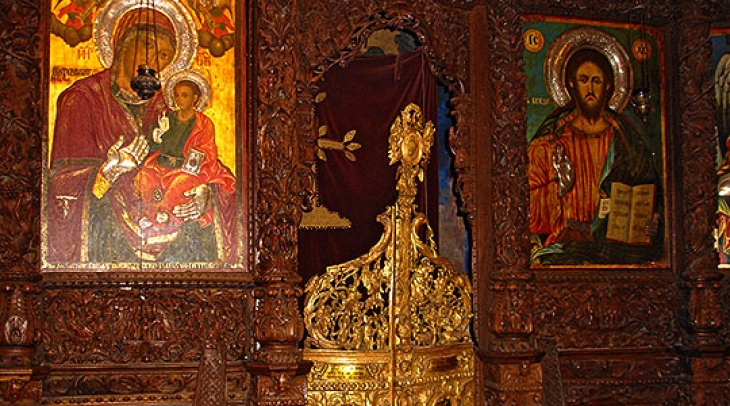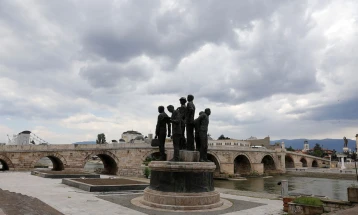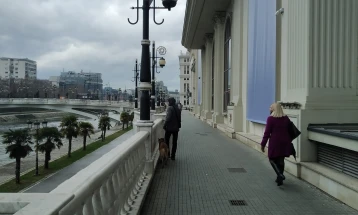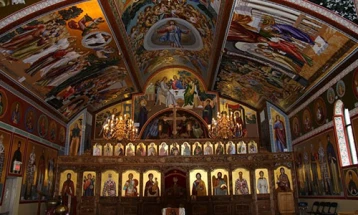
11 December 2024 (MIA)
Macedonian Orthodox Church Calendar
15 martyrs of Tiberiopolis
Titular see in Phrygia Pacatiana. Tiberiopolis is mentioned by Ptolemy (V, 2, 25); Socrates; and Herocles (Synec., 668, 9). It struck its own coins at least from the time of Trajan. Its exact site is unknown, but it was situated in the region of Egri Gueuz, caza of Kutachia, vilayet of Brusa. Ancient Greek “Notitiae episcopatuum” mention it among the suffragans of Laodicea. In the eighth century it was attached to the metropolitan See of Hierapolis and as such appears in the “Notitiae episcopatuum” until the thirteenth century. Le Quien (Oriens christ., I, 797) mentions five of its bishops known by their presence at councils: Eustathius at Constantinople (536); Silas at Constantinople (553); Anastasius at Constantinople (692); Michael at Nicaea (787); Theoctistus at Constantinople (879).
Catholic calendar
St. Damasus
St. Damasus Pope and Confessor December 11 AD 384 Pope Damasus is said in the Pontifical to have been a Spaniard; which may be true of his extraction; but Tillemont and Merenda show that he seems to have been born at Rome. His father, whose name was Antony, either after the death of his wife, or by her free consent, engaged himself in the ecclesiastical state, and was successively reader, deacon, and priest of title or parish church of St. Laurence in Rome. Damasus served in the sacred ministry in the same church, and always lived in a perfect state of continence, as St. Jerome assures us. When Liberius was banished by Constantius to Beroea, in 355, he was archdeacon of the Roman church, and attended him into exile, but immediately returned to Rome. Liberius at length was prevailed upon to sign a confession of faith in which the word consubstantial was omitted. After his return from banishment, he constantly held communion with St. Athanasius, as is clear from that holy man’s letter to the bishops of Egypt, in 360. He condemned and annulled the decrees of the council of Rimini, by a letter, which he wrote to those bishops, mentioned by Siricius. Liberius, after this, lay hid some time in the vaults of the cemeteries, for fear of the persecutors, as we learn from Sozomen, Prosper, in his chronicle, Lucifer of Cagliari, and Anastasius, in the life of pope Julius. Thus he repaired the fault which he had committed by his subscription. All this time Damasus had a great share in the government of the church, and doubtless animated the zeal of the pope.







